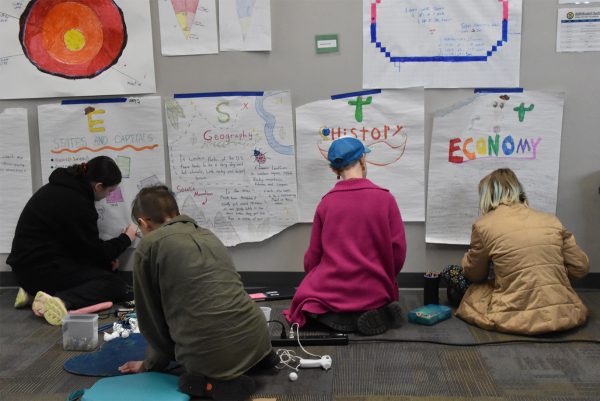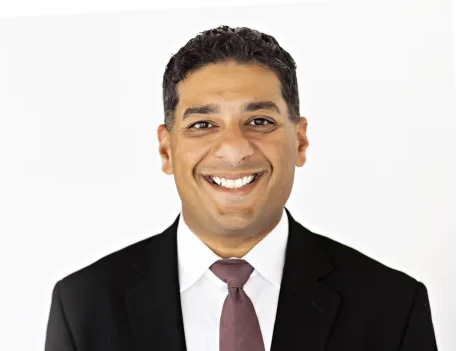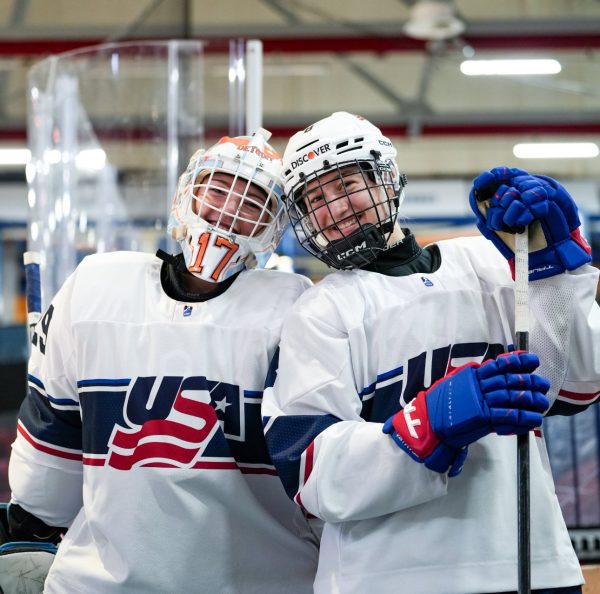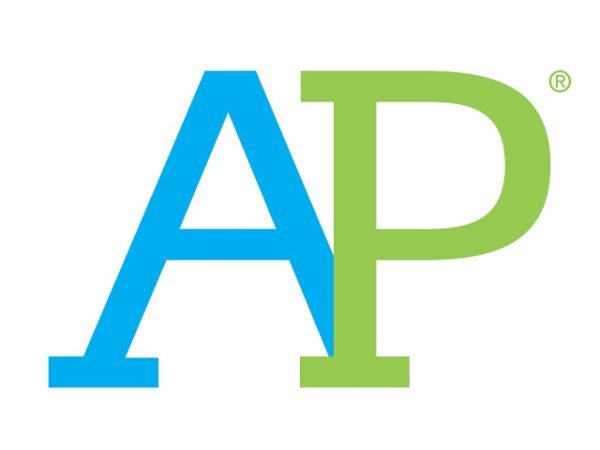We Need Young People Interested In Politics
The relationship between young people and politics is complicated and problematic. Young people are viewed as a group that is both politically disengaged and at the forefront of major political movements, but young voters aren’t that different from other voters. Young voters still care about the same issues that any other voter does. The difference is that young voters feel that traditional politicians’ strategies do not prioritize them.
Significant barriers to youth political participation exist at various levels and in various areas, including structural, individual, and organizational barriers. And yes, young voters are exactly what they are: young. Even still, their experiences are worthwhile because our country’s current issues are happening right in front of their eyes.
That is why young people need to get involved in politics. They are the future and right now, they are way more involved in politics than other generations, thanks to widespread media. These issues (like climate change and gun control) weren’t directly affecting older generations, which is why they could pass it onto the next generation. Now that these issues are directly affecting young voters, it’s no wonder they want to do something about it. Some feel it’s a choice between taking action and the downfall of their generation.
The 2022 midterm elections show what young voters are capable of. People under 30 came out in record numbers and made what was expected to be a red wave into a red puddle.
An analysis from CIRCLE (the Center for Information & Research on Civic Learning and Engagement at Tufts University) which examines the voting behavior and beliefs of young voters suggests that the support of young voters for Democrats in some of the most crucial races this cycle may have contributed to giving the party the edge it needed to win.
The impact of young Republicans has not been quite as strong. We need young Republicans going out and voting to keep both sides equally growing and advancing what the majority of people want, not just the extremes on both ends. If we have both parties of young voters actually getting invested in politics, we will see a huge development in ideas and views we have never seen before.
Many times, young people complain that policies do not reflect their desires. Is that really a shock? Young people not only have lower voter turnout and political participation, but the average age of House members at the start of the 116th Congress was 57.6 years, rising to 62.9 years for Senators. You can’t expect older politicians to address and meet all of the needs of today’s youth. However, by getting involved in politics at a young age, you can make a difference.
One of the most important things young voters should understand before entering politics is that their voice matters. Even if you are unable to vote, there are numerous things you can do. Signing petitions, registering others to vote, and contacting those who represent you are examples of these. The options are limitless.
Social media is a powerful tool for disseminating information to a large audience, but it also has the potential to cause harm through the spread of misinformation. Every day, politically engaged young people of all political and civic backgrounds use social media to share information, mobilize, and make their mark in political spaces. Young people who are proficient in digital tools wield significant power and presence in online conversations, and they are a political force to be reckoned with.
Politics has always been shaped and informed by youth movements. Some of our generation’s most influential leaders began their activism as teenagers. However, in this day and age, when young people are fueled by the power of social media, their impact is exponential. So yes, our future depends on the younger generation. If that’s any indicator, they will help change the course of our future.
Your donation will support the student journalists of Fargo North High School. Your contribution will allow us to resume physical printing of our newspaper for students at Fargo North!

Hi! I'm Grace and this is my second year in journalism! I want to continue in college and in the future! It's been one of the best experiences of my life....








